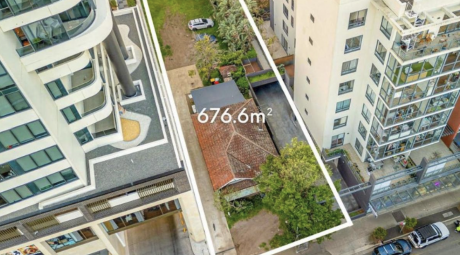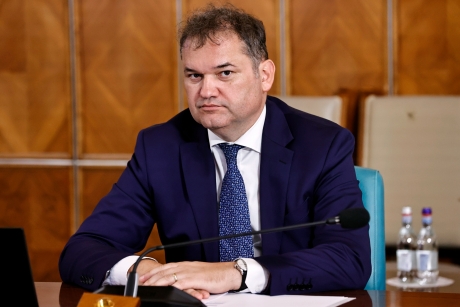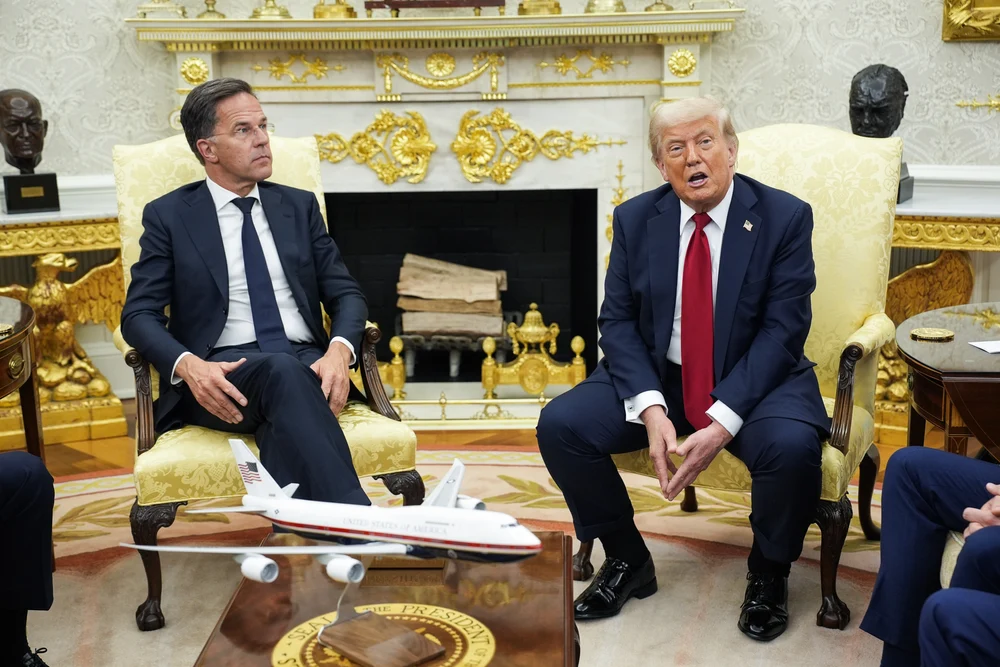Under the regular Article IV Consultations with Romania, the International Monetary Fund (IMF) sketched a moderately optimistic scenario for the country’s economy, including 2.75% GDP growth (2.25% in 2023) and 5.1%-of-GDP public deficit (6% of GDP in 2023).
The Fund elaborates more on the fiscal policy that needs adjustments to support fiscal consolidation and recommends that the central bank refrain from relaxing monetary policy until the disinflation trend consolidates. It also suggests that the recent episode of higher exchange rate volatility offers an opportunity to gradually increase two-way exchange rate flexibility over the medium term, which would reduce opportunities for destabilizing capital flows, raise monetary policy effectiveness, and enhance resilience to economic shocks.
In the long term, the Fund notes significant room to underpin real income growth and further convergence with Western Europe. But this requires investment in physical infrastructure as well as people, and strengthening the efficiency of the state (public administration).
In a shorter-term perspective, the Fund assesses the fiscal package as “welcome improvements in tax policy” that “should help reduce the fiscal deficit somewhat in 2024.” However, it argues that some measures – notably the new turnover taxes – are not in line with good practice and should be reconsidered.
Furthermore, the IMF recommends further tax reforms to raise at least 2% of GDP in additional revenue beyond the gains from the recent tax package to put the fiscal deficit on a sustainable medium-term trajectory while ensuring that all taxpayers pay their fair share.
Streamlining VAT and personal income taxes (including the closing of loopholes and the removal of tax privileges) should be key elements of such a reform. Once this is achieved, consideration should be given to re-introducing progressive income taxation.
(Photo source: Deanpictures/Dreamstime.com)





















 English (US) ·
English (US) ·  Romanian (RO) ·
Romanian (RO) ·